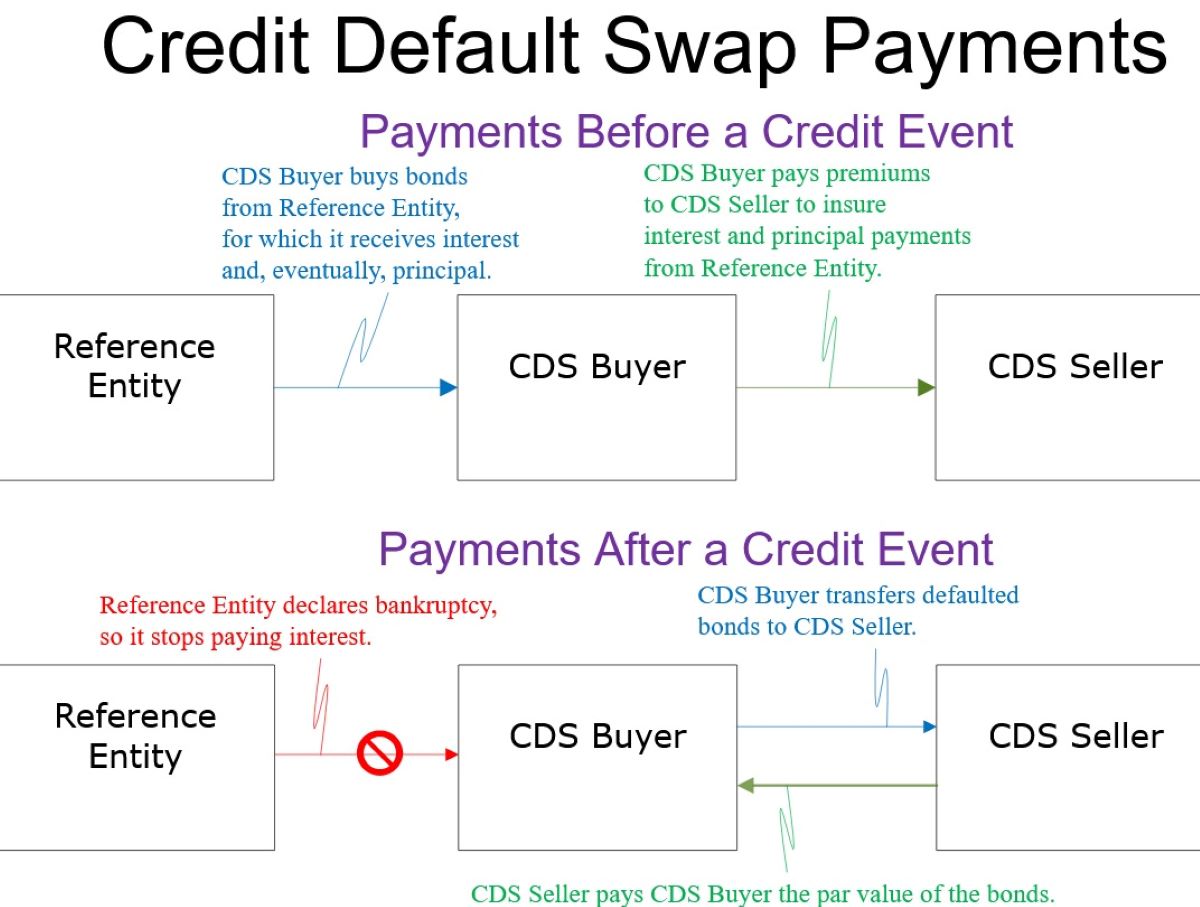

Finance
Taxes Definition: Types, Who Pays, And Why
Published: February 7, 2024
Understand taxes in finance, including types, who pays, and their significance. Gain insights into the definition, importance, and impact on personal and business finances.
(Many of the links in this article redirect to a specific reviewed product. Your purchase of these products through affiliate links helps to generate commission for LiveWell, at no extra cost. Learn more)
Taxes Definition: Types, Who Pays, and Why
When it comes to personal finances, one aspect that individuals and businesses need to understand and navigate is taxes. Taxes play a crucial role in the economy and are a way for the government to collect funds to provide public goods and services. In this blog post, we will explore the essential aspects of taxes, including types, who pays them, and why they are necessary.
Key Takeaways:
- Taxes are a form of financial contribution to the government, usually based on income, assets, or transactions.
- Understanding taxes is crucial for individuals and businesses to comply with financial regulations and optimize their financial planning.
Types of Taxes
There are various types of taxes that individuals and businesses may encounter. Here are some common types:
- Income Tax: Income tax is a tax imposed on individuals and businesses based on their taxable income. The rates may vary depending on the country and filing status.
- Sales Tax: Sales tax is imposed on the sale of goods and services. The rate can vary from region to region, and it is typically a percentage of the purchase price.
- Property Tax: Property tax is levied on the value of real estate or personal property. The rates may vary depending on the location and the assessed value of the property.
- Corporate Tax: Corporate tax is a tax imposed on the profits of corporations. The rates and regulations governing corporate taxation can differ between countries.
- Excise Tax: Excise tax is levied on specific goods and services, such as alcohol, tobacco, gasoline, and luxury items.
- Capital Gains Tax: Capital gains tax is imposed on the profits earned from selling investments such as stocks, bonds, or real estate.
Who Pays Taxes?
People often wonder who bears the burden of taxes. In reality, taxes can be divided into several categories:
- Individuals: Individuals are responsible for paying income tax on their earnings, as well as various other taxes such as property tax or sales tax.
- Businesses: Businesses, including corporations and self-employed individuals, pay taxes on their profits, property, and sometimes even payroll.
- Consumers: Consumers indirectly pay taxes through sales tax, which is included in the prices of goods and services they purchase.
Why Are Taxes Necessary?
Taxes are necessary to fund government operations and provide essential services to citizens. Here are a few reasons why taxes are crucial:
- Public Goods and Services: Taxes fund public goods and services such as infrastructure projects, education, healthcare, national defense, and more.
- Redistribution of Wealth: Taxes can help redistribute wealth by funding social welfare programs, subsidies, and assistance for disadvantaged individuals or communities.
- Economic Stability: Taxes play a role in stabilizing the economy by regulating consumption and serving as a tool for fiscal policy.
- Financial Responsibility: Taxes ensure that individuals and businesses contribute their fair share to support the functioning of society.
Understanding taxes is essential for individuals and businesses to fulfill their financial responsibilities and optimize their financial planning. By familiarizing ourselves with different tax types, who bears the tax burden, and why taxes are necessary, we can better navigate the world of personal finance.
For more expert insights and tips related to finance and taxes, make sure to explore our Finance category. Stay tuned for more informative articles!














